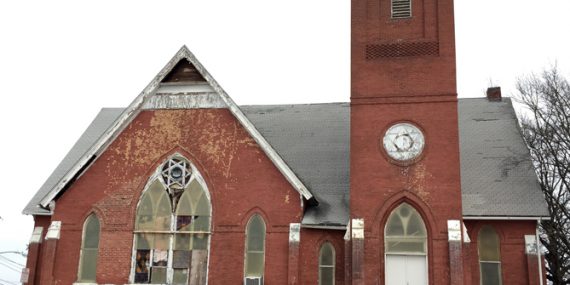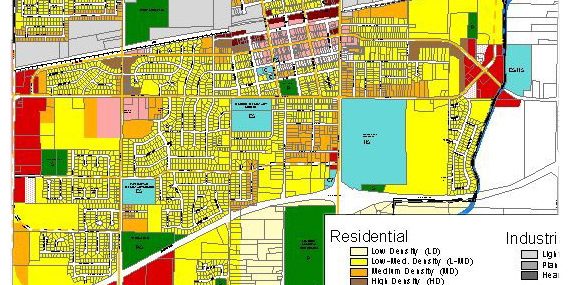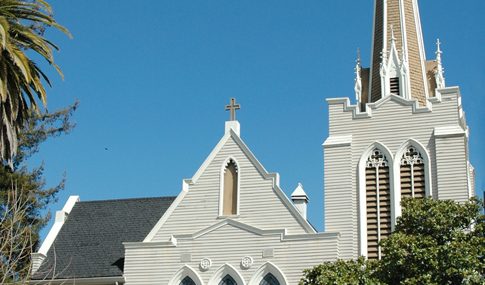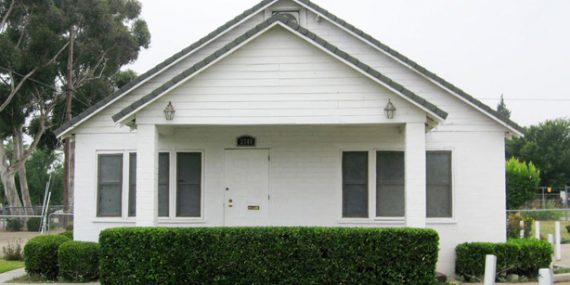Eminent Domain and the taking of property
Eminent Domain and Inverse Condemnation Eminent Domain is generally referred to as the taking of real property (real estate) by a governmental agency for the benefit of the public with just compensation. Often is referred to as Condemnation. Taking: Eminent Domain is the actual taking, usually permanently, and is the government’s removal of physical possession of real property from the owner. However, even where the government agency does not physically take possession of the land, it may have placed such restrictions upon its use so as to constitute a temporary […]






